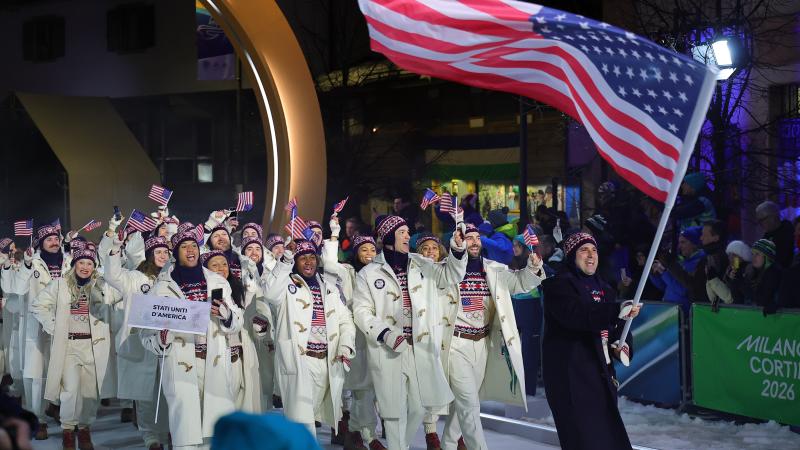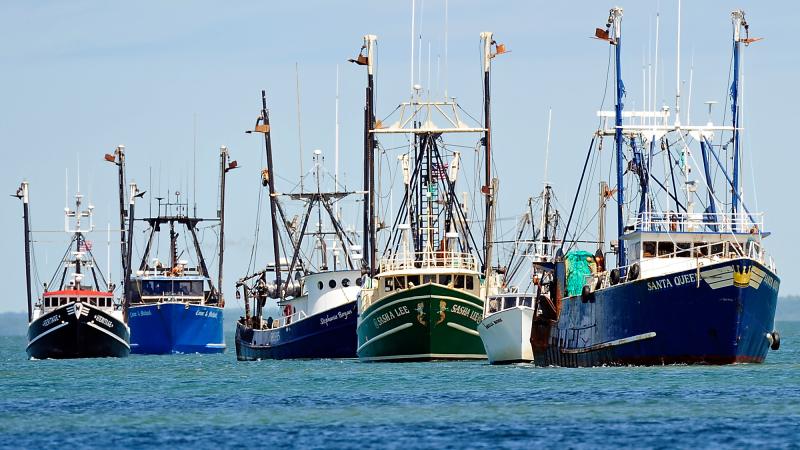Vermont GOP touts red ‘surge’ ahead of November's elections
State GOP still faces uphill climb in expanding its slim minority in the Democratic-controlled Legislature.
Vermont's Republican Party is fielding a record number of candidates on the ballot in the November elections, but still faces an uphill climb in expanding its slim minority in the Democratic-controlled state Legislature.
Following the Aug. 13 state primaries, Vermont Republicans have added 21 new House candidates to the mix, bringing the number of GOP hopefuls on the November ballot to nearly 100, according to party officials.
VTGOP Chairman Paul Dame said seven of Vermont’s 14 counties fielded a Republican House candidate, which he said "ensures no Democrat in the county went uncontested."
“We usually pick up 4 or 5 new serious candidates through the primary," Dame said. "But to pick up more than four times what we usually see — that is a testament to the amount of hard work our volunteers and local party leaders have put in since May."
Dame said a possible driver behind the surge of Republican support is that Vermonters have received their property taxes over the past few weeks, which he suggested "has pushed some people off the fence and encouraged them to get active and become the kind of change they want to see."
“By competing in more districts, it gives us a better chance to sustain the governor’s veto in either the House or the Senate," he said. "If we win just 52% of our House races, we can give Gov. Phil Scott the backstop he needs to stop the kinds of additional taxes Democrats are talking about already."
Still, Republicans face an uphill battle expanding their slim minority in the state Legislature, with Democrats holding a supermajority. Currently, Democrats, Progressives and Independents make up the political majority of the Vermont Senate, or 23 out of 30 seats. In the state House of Representatives, Democrats and independents hold 112 out of 150 legislative districts.
Scott − a Republican who remains the country's most popular governor − is seeking a fifth term as governor. He cited the need for more balance in the Legislature as one of the main reasons he is running for reelection.
Vermonters must elect more moderate and collaborative legislators "who will also put politics aside and work with me, to deliver the best results," he said in a May statement announcing his reelection bid.
"After reflecting on all the work still left to do, I've come to realize I cannot step away at a time when Vermont's Legislature is so far out of balance," he said.
The state's Republican Party drew national attention in June when it voted to waive its rules to allow the party faithful to support convicted felons after a New York jury found former President Donald Trump guilty of 34 felony counts of falsifying business records to conceal a $130,000 hush money payment made to a porn star.
The party's executive committee voted by a "narrow" margin to waive the rule for Trump, the GOP nominee for president. While former South Carolina Nikki Haley won Vermont’s Republican presidential primary, Trump still picked up eight delegates and registered more than 33,000 votes in Vermont's presidential primary.
"Our focus has always been electing, putting resources, volunteers, donor’s money, is going into Vermont races, both House races and Senate races," Dame said in a radio interview following the party's vote to waive the rules to support Trump. "So that vote doesn’t really change what our focus is going to be here in Vermont."














